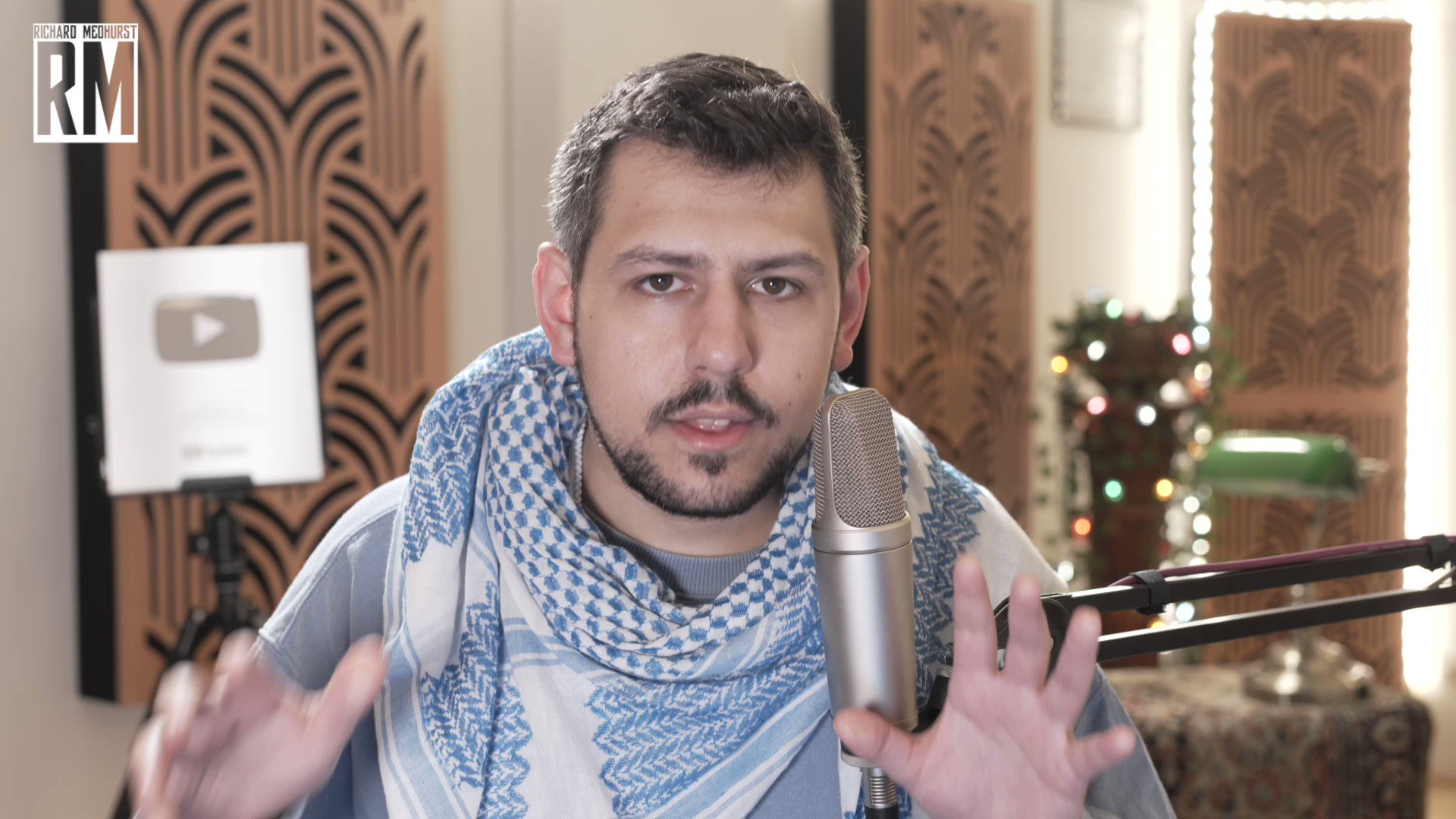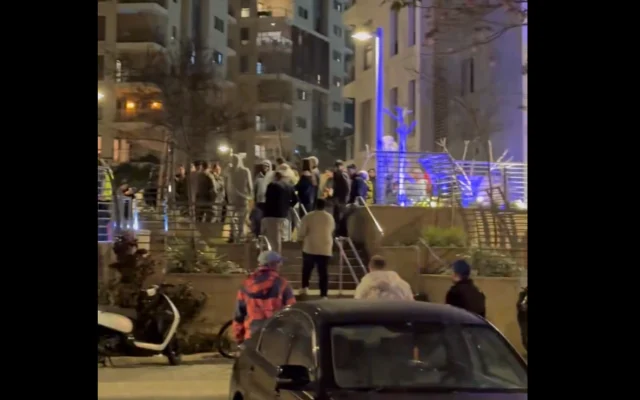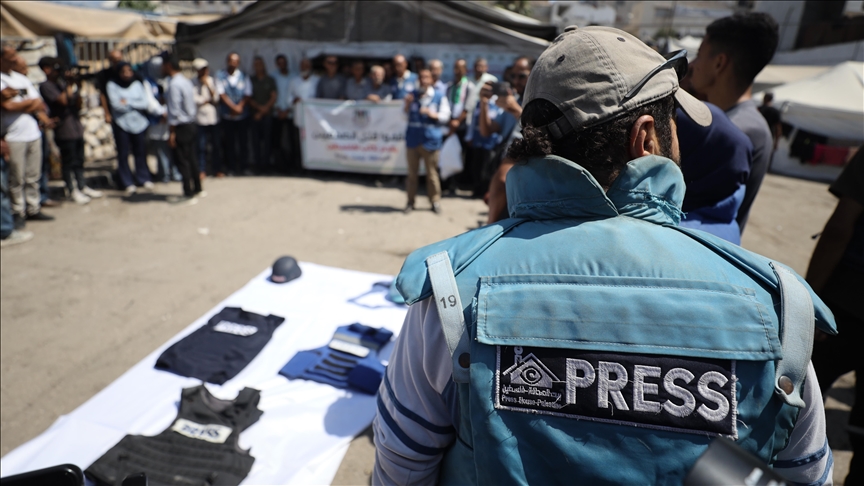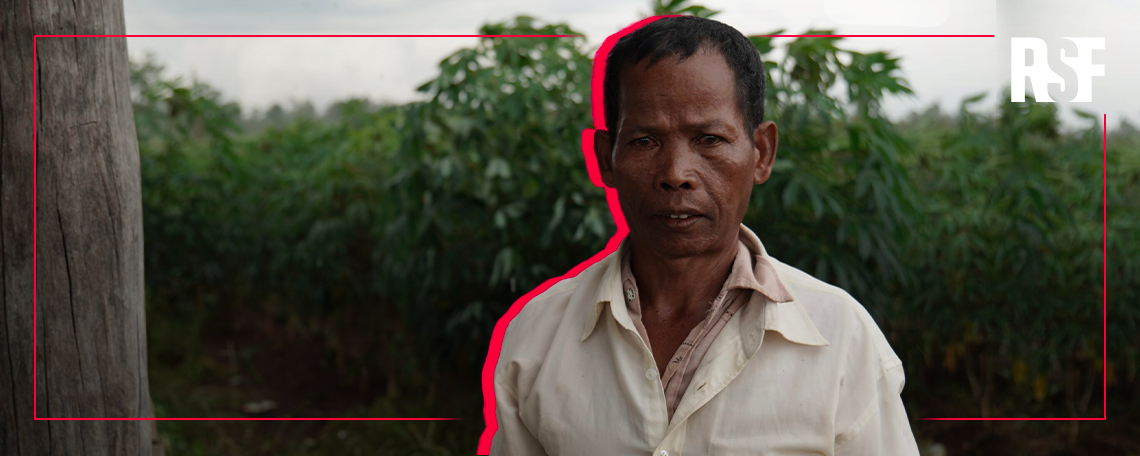
Cambodian Environmental Journalist Ouk Mao Arrested Amid Ongoing Crackdown
May 16, 2025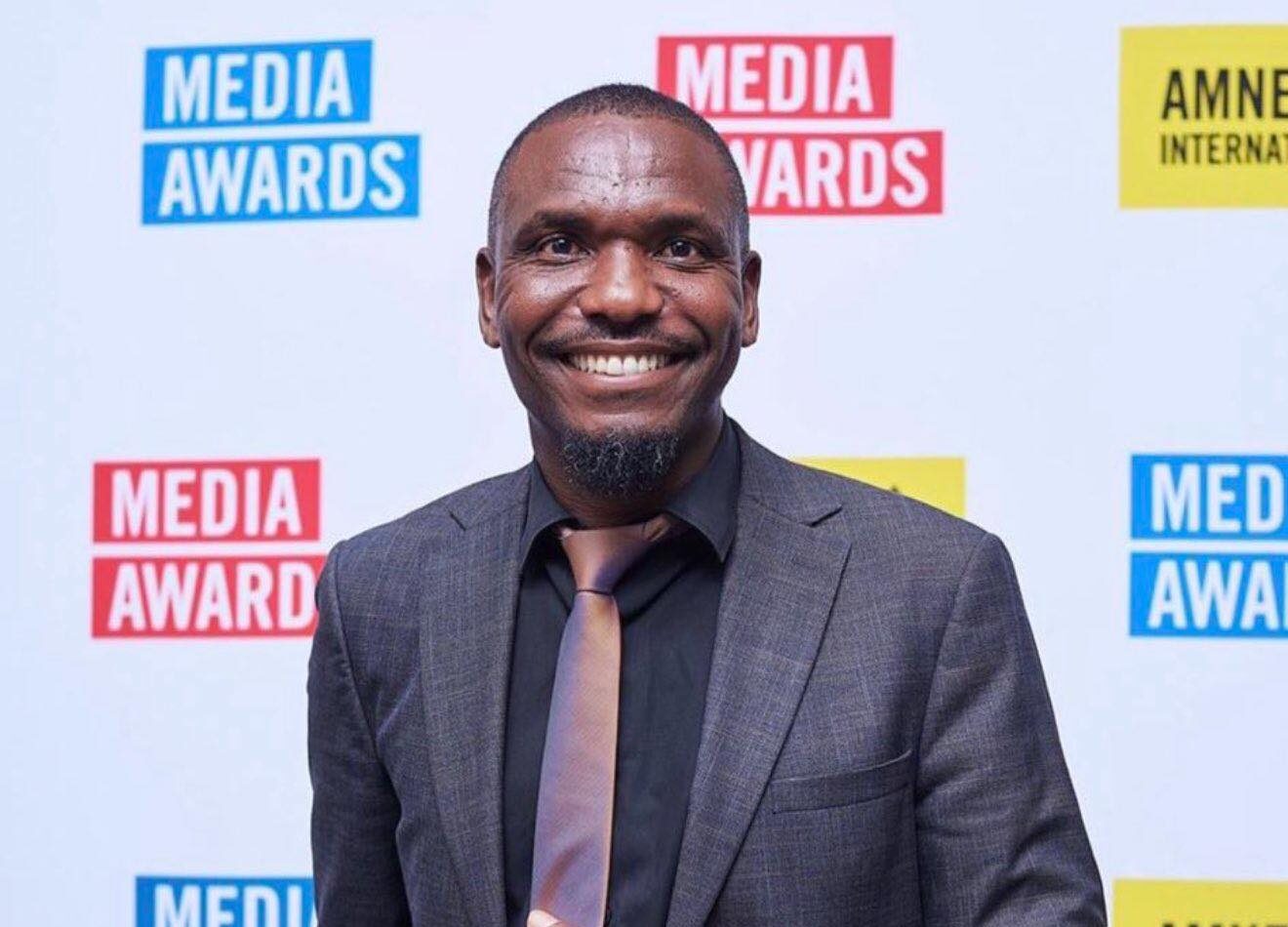
Zimbabwe’s Repression of Journalist Blessed Mhlanga
May 16, 2025May 16, 2025 – UK/Syria –
British journalist Richard Medhurst’s case has emerged as a significant test for press freedom and the use of anti-terror laws in the UK. Medhurst, known for his critical reporting on Israeli actions in Gaza and Lebanon, was arrested in August 2024 under the Terrorism Act 2000. He faces serious charges, including alleged support for a banned organization, which carries a potential prison sentence of up to 14 years. In addition, Medhurst is being prosecuted for refusing to provide passwords to his electronic devices, a stand he defends as essential to journalistic integrity and protecting his sources.
The case has attracted widespread attention following revelations that the UK Attorney General’s Office shared contact information for counterterrorism police and prosecutors with the Israeli embassy during the investigation. This unprecedented sharing of sensitive details has sparked fears of undue foreign influence in domestic legal processes, raising questions about the independence of the UK’s judiciary and the politicization of Medhurst’s prosecution.
Human rights advocates and legal experts have criticized the expanding use of counterterrorism legislation to target journalists and activists involved in peaceful protests or critical reporting. They argue these laws are increasingly weaponized to silence dissent, particularly regarding contentious issues such as the Israeli-Palestinian conflict. Medhurst’s prosecution is seen as part of a worrying trend where national security rhetoric is used to suppress freedom of expression and intimidate those challenging government narratives.
This case also highlights broader concerns over the erosion of democratic rights and the growing crackdown on media freedom in many parts of the world. Journalists like Medhurst who focus on human rights abuses and conflict zones often face harassment, legal threats, and surveillance designed to stifle independent journalism.
As Medhurst’s legal battle continues, it is closely watched by media freedom organizations, legal experts, and civil society groups worldwide. The outcome could set a critical precedent for how governments balance national security interests with protecting the fundamental right to free expression and the press’s role in holding power to account. The case underscores the urgent need for safeguards that defend journalists from politically motivated prosecutions and ensure the independence of the media.
Reference –

